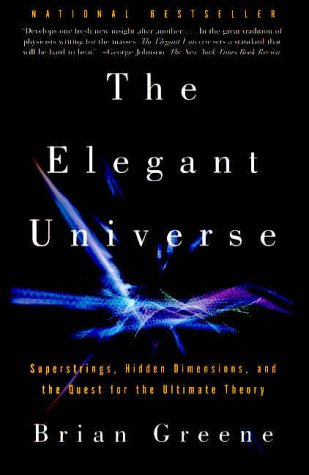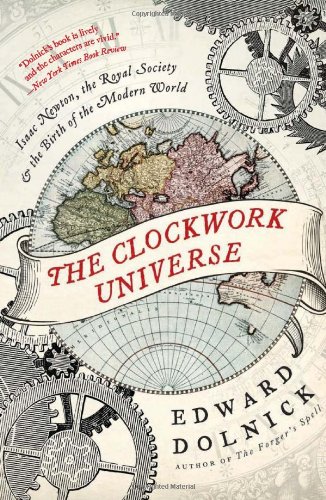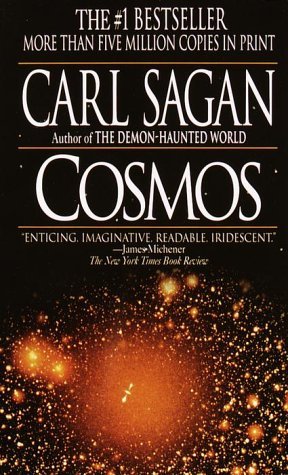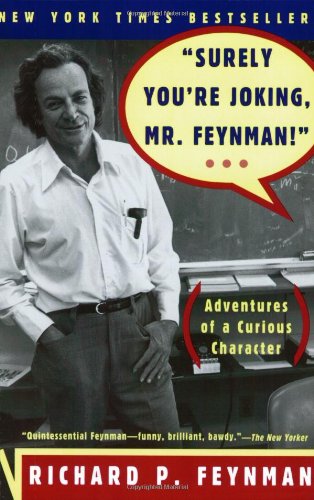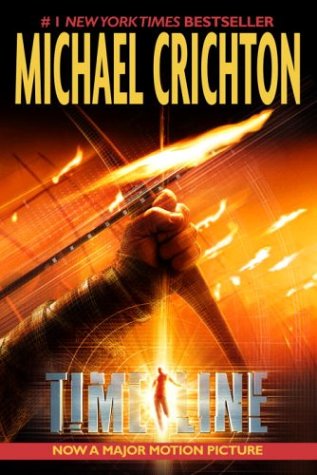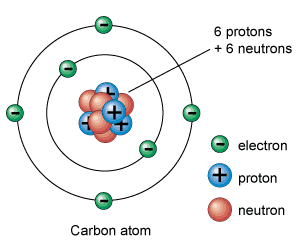Confession time…..
I don’t know where I stand on climate change. There I said it, what a relief! I have read a lot of scientific articles, looked at a lot of graphs, know quite a bit about scientific principles that govern such things, but even with all of this background I am still unable to make any kind of firm stand. What is even more interesting though, is that it doesn't bother me. Let me clarify that. If the glaciers are going to melt and drown all of Florida, I do care. (#Disneytripplanned) What I am content with is my ability to say that I haven’t developed an opinion. As it turns out, I am completely undecided about a great many things. I don’t have firm stands on ethanol production, string theory, or if Snookie should have been kicked off of Dancing with the Stars (#neededtogo). On these examples, I am comfortable saying that I don’t know the full story on the environmental impacts surrounding ethanol plants, the mathematics for a universe with 13 dimensions, or why it is important to keep your toes pointed when performing an Argentine tango. It is not that I don’t care about these topics, in fact I do a great deal. Its just that right now I do not feel that I have the background on these subjects to make an informed decision… and THAT’S OKAY. I refuse to feign a belief in an idea if I am not educated about it (#notapolitician).
Ignorance is bliss.
It truly is. I am not talking about stupidity, or a blatant disrespect of basic facts. I am a firm believer than in order to develop an opinion, one has to do the research. Content is an integral part of schooling and learning. I am talking about the unknown. I am referring to being ignorant of the unexplored, the unimagined, or the mystifying. This is what interests me; this is why I learn… and given enough interest, there is nothing I can’t learn. I believe our students also crave mystery more than rote learning. The unknown is a crucial part of schooling that I think doesn't get enough attention. So often, we as teachers fall into the trap of treating our profession as a delivery system. The kids sit in plastic seats and we feed them information. At this, we are experts. We add garnish to our lessons with flashy technology, code it with pedagogical jargon, and celebrate any tiny upward variance in standardized test scores.

Where does the unknown fit in? There is still a lot of the world that we are truly in the dark about (Yeah, I am looking at you gravity.) When a bunch of physics teachers get together to chat, we don’t discuss Newton’s Laws, we talk about what we DON’T know. Give me quantum gravity, neutrino fluctuations, or the rules regarding an Oxford Comma and watch the cognitive party start! Last night my son and I spent 30 minutes discussing why mayonnaise sales have grossly outnumbered salsa in the US. Who knew? (#ketchup3rd #getinthegameheinz) Discussions about what you already know doesn't yield anything. I am constantly focused on what I don’t know. Now think about topics kids are truly ignorant about.
Lucky for us, most students are truly ignorant about a great many things. (#quoteme)
Finding ignorance is not a problem for teachers. The problem we face as teachers of all levels is at some point in time, their natural curiosity about the world was diminished. They don’t even care that they are ignorant. That’s the problem. I want to learn, I want to grow, I want to hear your point of view. When or why are our students losing this drive? Why are they so complacent in their development?
How this has happened, or why it happens can be argued. As I have the keyboard here, I will give you some of my take on the matter (#feelfreetodisagree). I think that this push for standards, state and federal control of curriculum, and the external pressures placed on teachers are strangling our system. Teaching is, by its nature, creative. To be effective, curriculum needs to be adaptive, based on teachers’ strengths, and as individualize to students’ needs as it can be. While trying to corral curriculum into state or national standards may look good to a politician or administrator, it looks completely different from someone on my side of the desk. I teach to a student, not a standard. It is a human endeavor, not mechanical. Jane isn't just taking Physics, she is taking Like’s Physics. There is no best way to teach, there is no silver bullet for learning, no utopia that we can achieve that will reach all students. At no point in our future will we “figure education out” so that it works like a well oiled machine and never has to be looked at again. What we have are good people running against the wind in an uphill job.
So what could this look like? We hear a lot about how we are failing our students nationally and how things need to change. Rarely does anyone tell us how to do this. Today is the day, friends. As I have a captive audience (#youreadthisfar), I will give you some of my ideas. Again, these are my thoughts on a Wednesday afternoon, and may change by Monday.
1) Don’t be afraid of a good argument with students. Often times we shy away from these kinds of things as they can get heated or tiresome. I find that these situations can lead to my most memorable lessons. Remember though, that there are different ways to argue. The classic argument involves a war model: you yell out your side to the high hills until you either win or concede. But there are other ways to argue. Why does there have to be a winner to an argument? In math and science we argue differently; we argue for proof. For example, I have been altering many of my labs in physics towards what we call a “modelling” approach. Last Monday, my students took data on variables that affect the period of a pendulum (#classiclab #stilladisaster). Before we drew conclusions, I made them whiteboard their results and share their theories with the class. At this time, I basically argued with them over their data. How reliable was it? Are you sure you can back that claim up with evidence? I don’t care what you feel about what should happen, what does your data say? I am not being belligerent, I am being a scientist. At this point in the semester, it brings me the greatest joy when they start to hold each other accountable and argue amongst themselves.
2) Don’t be afraid of alternative points of view. When talking about evolution, how can you leave out intelligent design or catastrophism? Why broom these under a rug? Why don’t we look at data and let the students draw their own conclusion. If 99% of scientists have reached the same decision, shouldn't your students reach it as well judging the data? It baffles me how you language arts teachers deal with poetry, or art teachers with interpreting Picasso? Sometimes there is no right answer. I think there is a lesson to learn for us teachers as well. A very bright young teacher I know brought up over lunch one day (#bestplaceforPD) that things like blogs, twitter chats, and FOX News are really creating a dichotomy in our society. If all I watch are the same news shows, or read the same blogs (present blog excepted), I am only reinforcing my beliefs, not challenging them. Try posting a diverging comment to a blog or chat. They will crucify you! The people who read these blog are usually of a like mind and don’t want to hear views that are not supported by their peers. They have been preaching to the choir for so long, that their beliefs are cemented in their minds as a dogma, instead of a conceived fluid idea. This gets compounded when you realize that search engines and news feeds run algorithms that only show you articles that are similar to what you have already read. Google perpetuates this! Teachers take heed and diversify your PLN. Invite differing opinions and don’t be afraid to share yours. (#I’mnot #soapbox)
3) Ignorant people ask questions. This is good. Push them to ask why things happen, why are you teaching them this, or why is it important. As I said before, I am ignorant about a great many things, but my ignorance breeds a drive to question. It seems that the more you know, the more you don’t know (#Yoda?). PhD’s do research; we pay them a lot of money to find questions that have never been asked before. If you think that doctoral diploma means they have it all figured out, you probably have not worked with too many of them. If our goal as teachers is to impart the knowledge students are going to need to be successful, we are fighting a losing battle. When I went through high school we didn't have the Internet! How could my teachers prepare me for today’s world? We need to train kids on how to question effectively and back up their claims with evidence, even if we disagree with their conclusions.

I am a teacher. Of all the professions that I could have chosen, both then and now, I still believe my place is in front of kids. It may be close to the hardest job in the world; one of the most scrutinized, underpaid, and underappreciated, but it is what I have devoted almost two decades of my life too. I know a lot of teachers and I can tell you that I have never met a single one that did not give it his/her all, in school and out, for his/her students. I have the utmost appreciation and respect for everything that you do, from the papers you publish in journals, to the small comments you leave on the margins of your students’ term paper. Please, if there is anything I can help you with, let me know. Also, if there is anything above that sparks your interest, please leave a comment below. Feel free to agree with me, but especially feel free to challenge me.
Chris
@christopherlike






